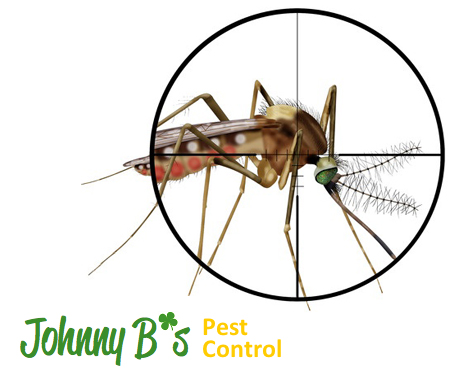The primary mosquito pest species in coastal communities of Massachusetts are known as “saltmarsh mosquitoes,” as they breed in woodland marshes, swamps and bogs. Saltmarsh mosquitoes become particularly abundant during the warmer months due to the massive number of eggs that can be deposited in marshland waters. The two most problematic disease-carrying mosquito species in coastal communities are Aedes sollicitans and Aedes cantator, which are commonly referred to as “eastern saltmarsh mosquitoes” and “brown saltmarsh mosquitoes,” respectively.
Brown saltmarsh mosquitoes are only abundant from mid-May to mid-June, and they tend to breed in the upland edge of the high marsh where cattail plants are common. The eastern saltmarsh mosquito is abundant during most of the summer and the early part of fall, and these mosquitoes are the primary target of area-wide mosquito control efforts carried out in coastal areas. Several Aedes mosquito species are also common biting pests in inland communities of Massachusetts.
The first biting mosquito pests to emerge in inland communities are overwintering mosquitoes that are collectively referred to as “snow-pool mosquitoes.” The most common snow-pool mosquito pest is Aedes canadensis, or the “woodland pool mosquito,” as the species is commonly known. Snow pool mosquitoes are most abundant from late spring to mid-summer, and they overwinter as dormant eggs in moist soil and leaf litter on the edges of flooded saltmarshes. The woodland pool mosquito is an aggressive day-biting species, and it is common in all eastern states and into Canada. This species is a vector of several diseases including the West Nile virus, Eastern Equine Encephalitis and even dog heartworm. The vast majority of eggs hatch sometime in April, but a small number are known to hatch on mild winter days in Massachusetts. Woodland pool mosquitoes become particularly prevalent following winter and spring rainfall, and heavy rainfall during hurricane season results in large broods come fall.
Do you start wearing mosquito repellent during the spring?

